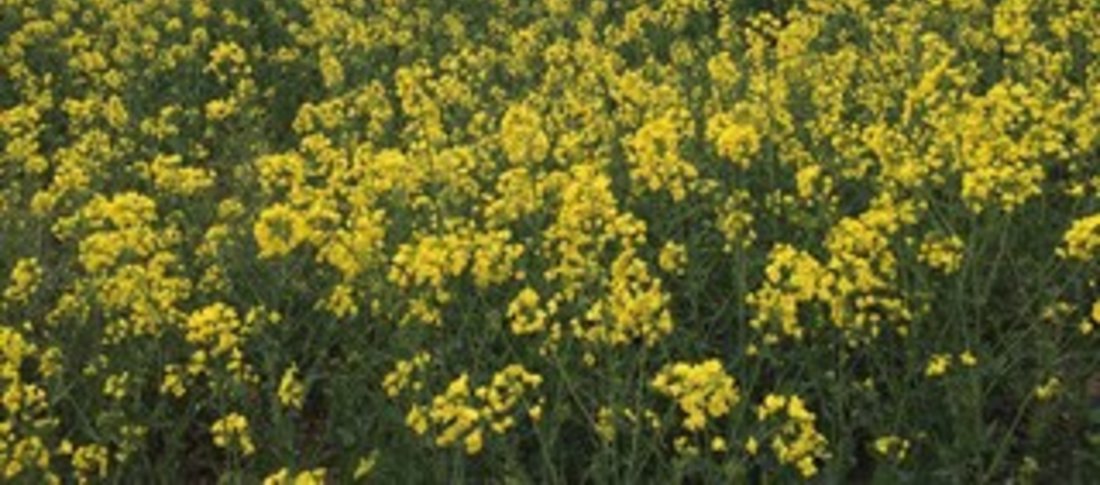Volac Wilmar introduces two rumen-protected feed fats manufactured from European-sourced raw materials: rapeseed from Germany. These products are an addition to the Megalac® range of feed fats based primarily on palm oil. Dairy farmers can now choose between VLOG-EU rumen resistant fat and palm fat-based feed fat. What is the most sustainable choice?
Paul Fransen, Product Development Manager of one of the world's largest feed fat producers Volac Wilmar, is proud of the expanding range of products . Both new feed fats meet the VLOG-EU requirements. This means that they are approved for concepts such as Albert Heijn's private label at A-Ware.
Focus on milk production or condition
The two newcomers each have their own fatty acid profile. Mega-Euro 16 has a high content (50 percent) of C16:0 fatty acids and Mega-Euro 18 has a balanced C18:0-C18:1 fatty acid profile. Mega-Euro 16 is targeted to promote milk yield, fertility and improve body condition score, while Mega-Euro 18 is a more-general energy supplement..
Fully-fledged feed fat
The introduction of both fats means that there are now two fully-fledged VLOG-EU feed fats available. Until now, the other options available on the market consisted of products based on rapeseed, sunflower or olive oil with poor digestibility and/or rumen protection. In addition, the other products available to date contain a very low content of C16:0 fatty acid (palmitic acid) (typically less than 6%). As a result, these products do not or hardly stimulate the production of milk fat.
Volac Wilmar has developed a process to increase the content of palmitic acid in rapeseed oil to approximately 50 percent, this means that the composition is virtually the same as that of the highly-proven and market-leading palm fat-based Megalac. The production process produces feed fats that are also highly rumen-resistant and highly digestible.
Efficient production of palm oil
The question is whether the choice of local, i.e. European, raw materials contributes to a more sustainable dairy farming industry. However, there are some comments to be made about this. Palm oil is without doubt the most efficient vegetable crop and has the highest yield per hectare compared to other vegetable oil crops. The yield of one hectare of palm oil is three to four times higher than that of sunflowers and rapeseed, respectively. By opting for palm fats, far less agricultural land is needed.
Sustainable cultivation of palm oil
Volac Wilmar applies an NDPE Policy (No Deforestation, No Peat, No Exploitation). This means that the palm oil is produced and sourced in a responsible and sustainable manner and that no forest is felled for the development of palm plantations. The Megalac-range of feed fats can be supplied under independent RSPO quality mark (Roundtable on Sustainable Palm Oil).
Choose consciously European or palm fat
Feed fats have proven their value in rations of dairy cows over the past few decades. As more knowledge is gained about the impact of the various fatty acids, the choice of the right rumen-protected fat allows the dairy farmer to compose his ration in a very targeted way.
The production costs of European feed fats are considerably higher than those of rumen-protected fats based on palm oil. This difference is mainly due to the fact that the yield per hectare of palm oil is no less than three times higher than that of rapeseed. As part of a market concept the dairy farmer may have to rely on European rumen-protected fat, but in other cases a feed fat based on palm oil is often more attractive.
Sustainable livestock
The fatty acid composition affects rumen stability, digestibility, milk production and composition and condition of the cow. This makes it important for the desired result to look at the composition of the ration and the fatty acid profile of rumen-protected fat.
In addition to Megalac®, the world's most widely used rumen-protected fat, Volac Wilmar has a wide range of rumen-protected fats. This allows the farmer to target higher milk production, fat composition or, on the other hand, to improve the overall condition of the cow. If the cow is in good condition, this has a positive effect on fertility and longevity. This also contributes to sustainable dairy farming.
Date: August 12, 2019
Further information from:
Laura Steeden
Volac Wilmar Feed Ingredients
Feed Fats Product Manager
Tel: +44 1223 206226
Email: laura.steeden@volac.com
